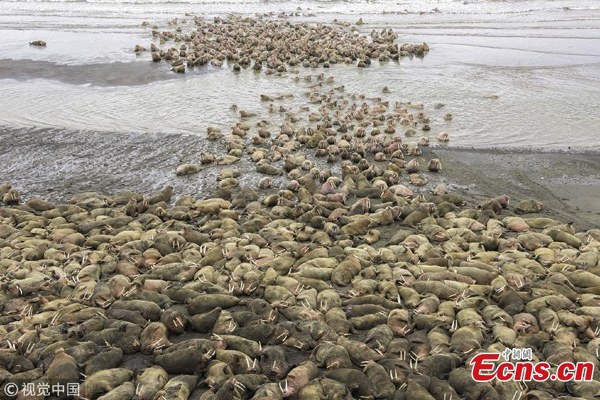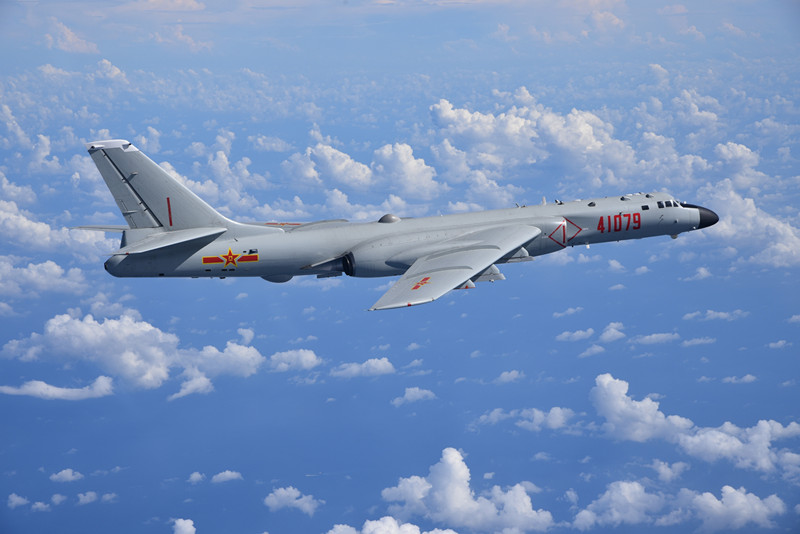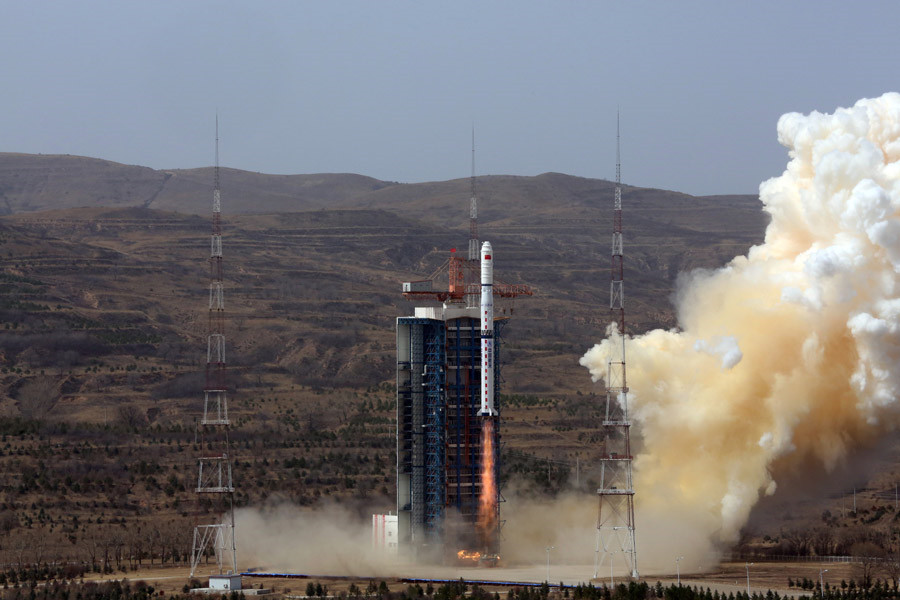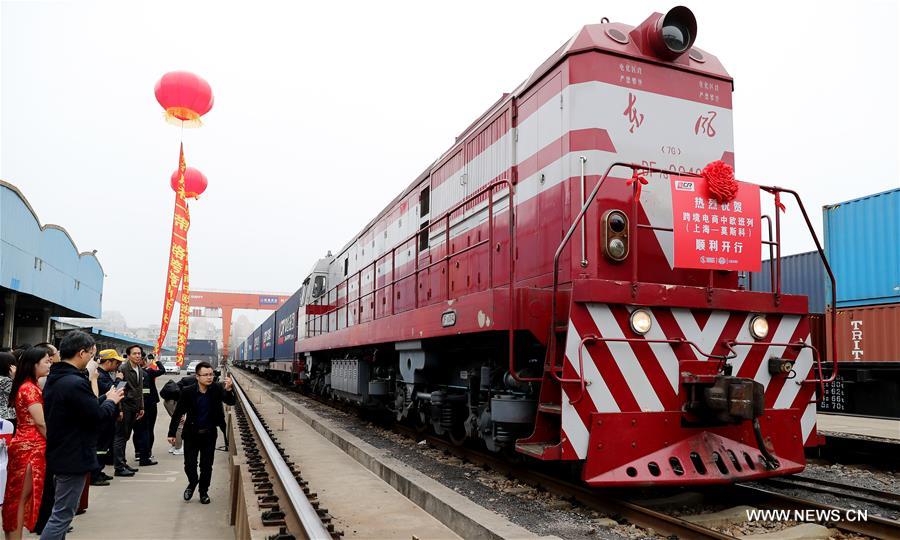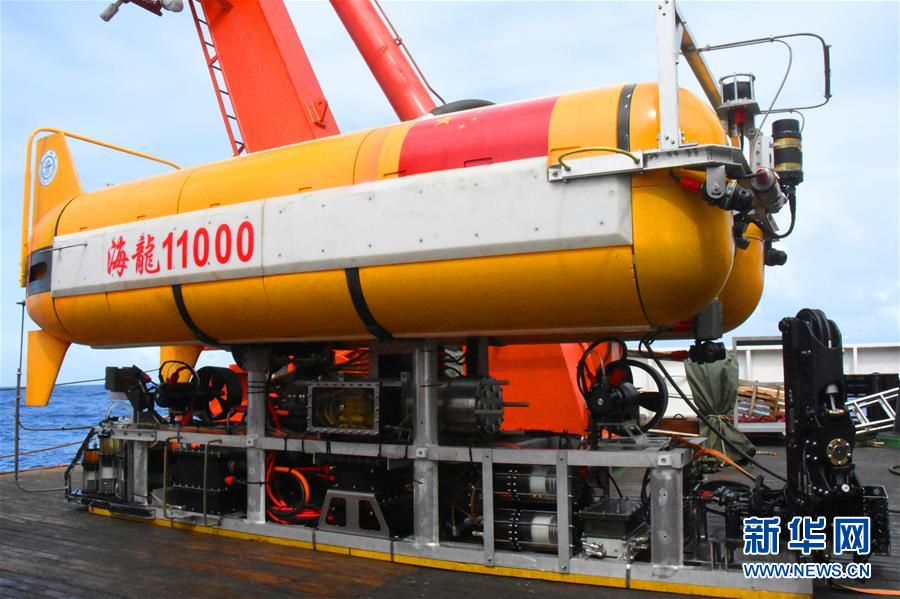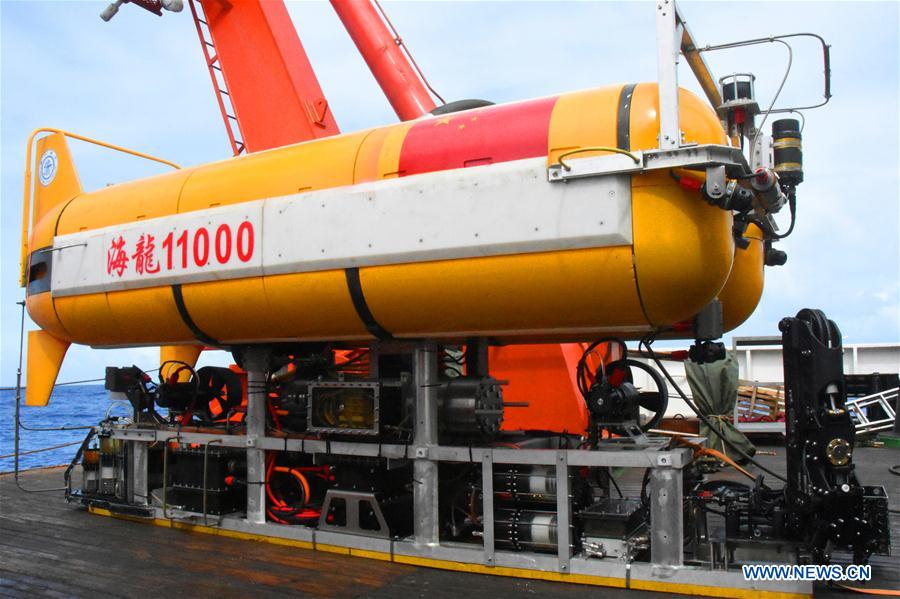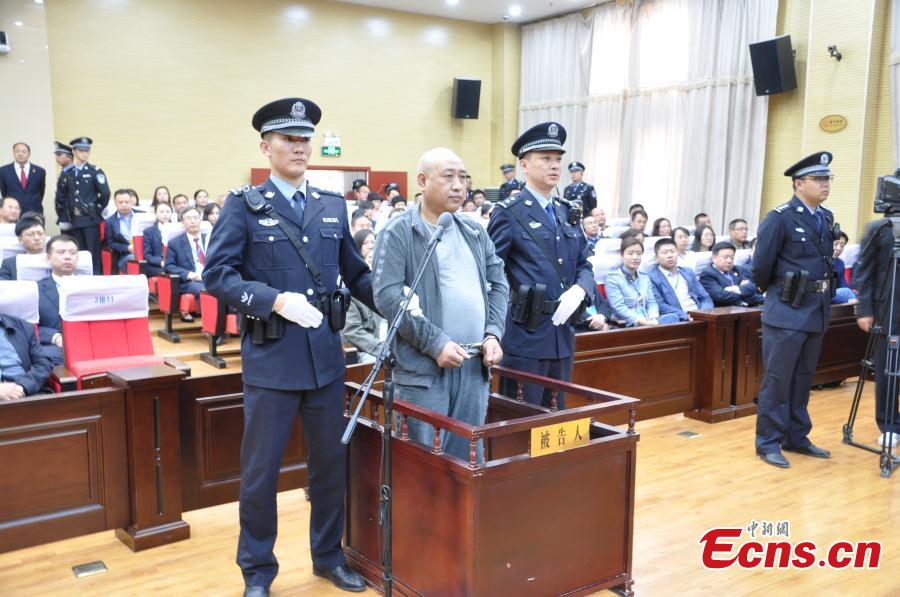China denounced a U.S. government announcement on Tuesday listing 1,300 Chinese products subject to tariffs under Section 301 of the U.S. Trade Act of 1974.
The list published by the U.S. trade representative came after U.S. President Donald Trump signed a memorandum on March 22 to impose additional tariffs on $50 billion worth of imports from China that followed a Section 301 investigation launched last August into China's intellectual property policies and practices.
"China strongly condemns and firmly opposes the U.S. tariff proposals and is ready to take reciprocal measures on U.S. products," the Ministry of Commerce said in Beijing shortly after the U.S. announcement.
The Chinese embassy in Washington also denounced the U.S. decision.
The embassy's statement said the U.S.' "unilateralistic and protectionist action has gravely violated fundamental principles and values of the World Trade Organization. It serves neither China's interest, nor U.S. interest, even less the interest of the global economy."
"The Chinese side will resort to the WTO dispute settlement mechanism and take corresponding measures of equal scale and strength against U.S. products in accordance with Chinese law."
The embassy said "we hope that the U.S. side, with sense and long-term picture in mind, refrains from going further down the wrong path".
The USTR said its proposed list of products is based on extensive interagency economic analysis and would target products that benefit from China's industrial plans while minimizing the impact on the U.S. economy.
Sectors subject to the proposed tariffs include industries such as aerospace, information and communications technology, robotics and machinery. The list covers mostly industrial products and non-consumer goods, such as aircraft seats, military rifles, machine parts, instruments, medical products, video monitors, and furnaces and ovens.
U.S. Trade Representative Robert Lighthizer and White House trade adviser Peter Navarro both said recently that the Section 301 tariffs will primarily target Chinese industries under the Made in China 2025 strategy.
Lighthizer has described that strategy as a threat to the global trading system, while Navarro said China was "going to dominate every single emerging industry of the future, and therefore your economies aren't going to have a future".
The Made in China 2025 plan, unveiled in 2015, highlighted 10 sectors in advancing China's modern manufacturing power — information technology, high-end machinery and robotics, aerospace, marine equipment and ships, advanced rail transport, new-energy vehicles, electric power, agricultural machinery, new materials and biomedical.
Premier Li Keqiang said in Beijing last week that the Made in China 2025 strategy is an open and fair environment with equal treatment of domestic and overseas businesses.
"China will not force any technology transfer from any foreign company and will enhance efforts to protect intellectual property rights and severely crack down on infringement, and China welcomes more globally competitive businesses to share the China growth opportunities," Li said.
The USTR's proposed list will undergo further review in a public notice and comment period, including a hearing. After completion of the process, the USTR will issue a final determination on the products subject to the additional duties.
"The tariffs will mostly increase the price of intermediate goods and hurt U.S. manufacturers who are supposed to be the beneficiaries of Trump's trade policies. It does not seem well thought through," said Edward Alden, a senior fellow at the Council on Foreign Relations.
Trump said on Tuesday before the announcement that the U.S. will be working with China. "Our relationship is very good with China. We intend to keep it that way. But we have to do something to seriously relieve that trade deficit," he said, repeatedly mentioning a bilateral trade deficit of $500 billion.
The U.S. trade deficit with China, however, was $375 billion, according to U.S. data, and $275 billion according to Chinese data.
Most economists believe the bilateral trade deficit does not matter, and the U.S. trade deficit is a result of its own fiscal policies and the role of the U.S. dollar as a global currency.
The Trump administration tax-reduction plan, which went into effect in February, is expected to drive up the U.S. trade deficit.
A Deutsche Bank Research report last week pointed out that the U.S.-China trade imbalance is misleading because it includes only trade but not the sales generated through U.S. subsidiaries based in China, which reached $223 billion in 2015 and are rising.
According to the bank's aggregate sales balance, the bilateral imbalance was only $30 billion in favor of China but moving in favor of the U.S..
Trump also repeated on Tuesday what he has said before. "We helped rebuild China," he told the media in a meeting with leaders of several Baltic nations.
"The Chinese people rebuilt China, not outsiders," said Yukon Huang, a senior fellow of the Asia program at the Carnegie Endowment for International Peace.
A former World Bank country director for China, Huang said Chinese did this by drawing on their exceptionally high savings rates to fund much needed investments that led to a dramatic increase in productivity.
He said that unlike many other developing countries, China relied relatively little on foreign aid but more on foreign direct investment (FDI) facilitated by the Asian Chinese diaspora.
"The U.S. actually provided relatively little financial support, since only about 1 to 2 percent of America's FDI over the past two decades went to China," Huang said.
U.S. releases proposed China tariff list amid strong opposition
The Office of U.S. Trade Representative (USTR) on Tuesday published a proposed list of Chinese goods subject to additional 25 percent tariffs amid strong opposition from China and U.S. business groups.
The proposed list covers approximately 1,300 products imported from China, including industries such as aerospace, information and communication technology, robotics, and machinery, the USTR's Office said in a statement, noting they're worth approximately 50 billion U.S. dollars of annual trade value.
U.S. tariff proposals typical unilateralist and protectionist action: spokesman
The United States tariff proposals are "typical unilateralist and protectionist action" and China strongly condemns and firmly opposes such action, Chinese Foreign Ministry spokesman Lu Kang said Wednesday.
U.S. unilateral measures 'intentionally' violate WTO's fundamental principles: Chinese diplomat
The announcement of unilateral measures by the United States against China under its domestic Section 301 investigation is an intentional and gross violation of the WTO's fundamental principles of non-discrimination and bound tariffs, Zhang Xiangchen, Chinese ambassador to the WTO, said in a written statement on Wednesday.
China firmly opposes U.S. tariff proposals, counter measures underway
China strongly condemns and firmly opposes the U.S. tariff proposals and is ready to take counter measures on U.S. products, the Ministry of Commerce (MOC) said Wednesday.


























